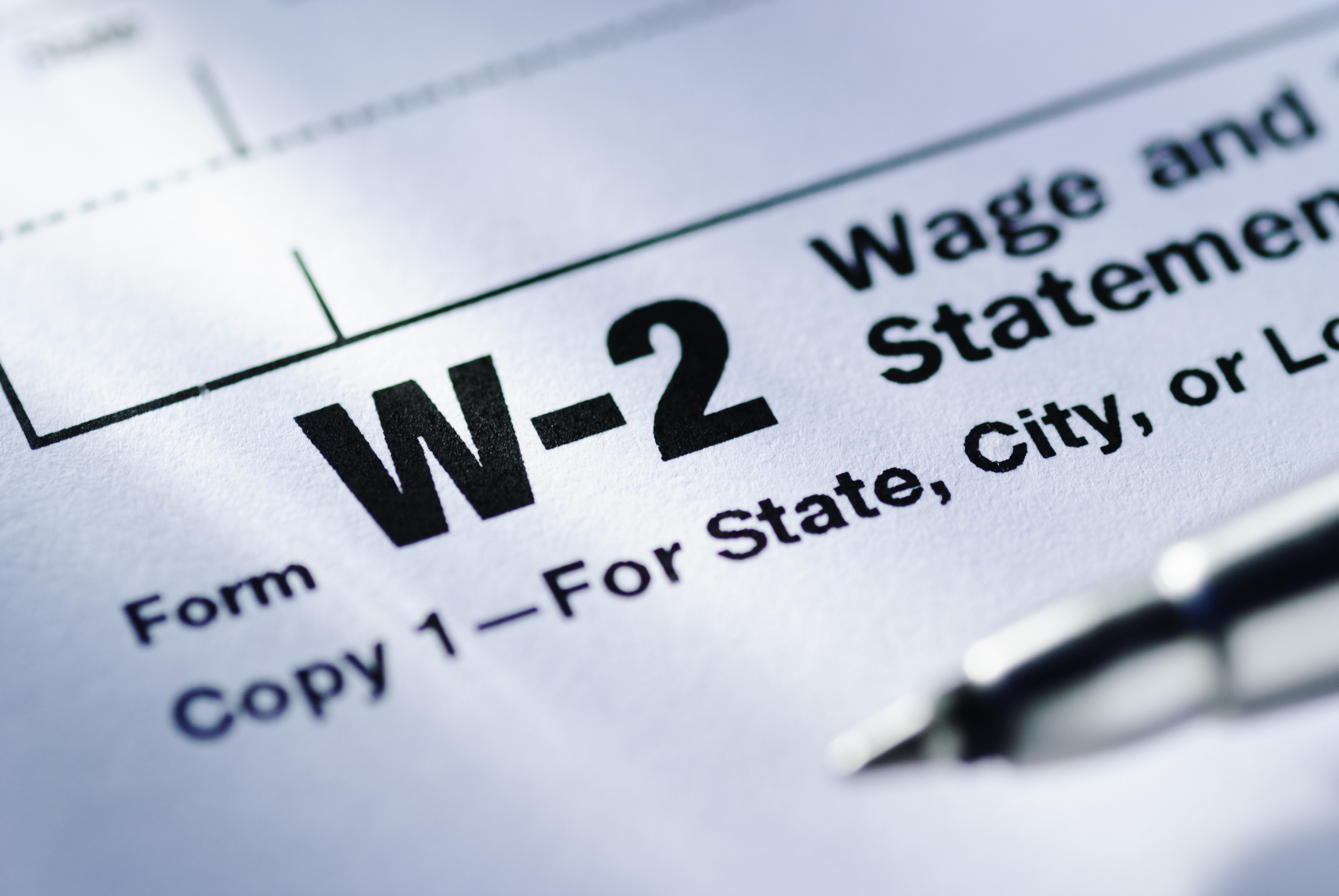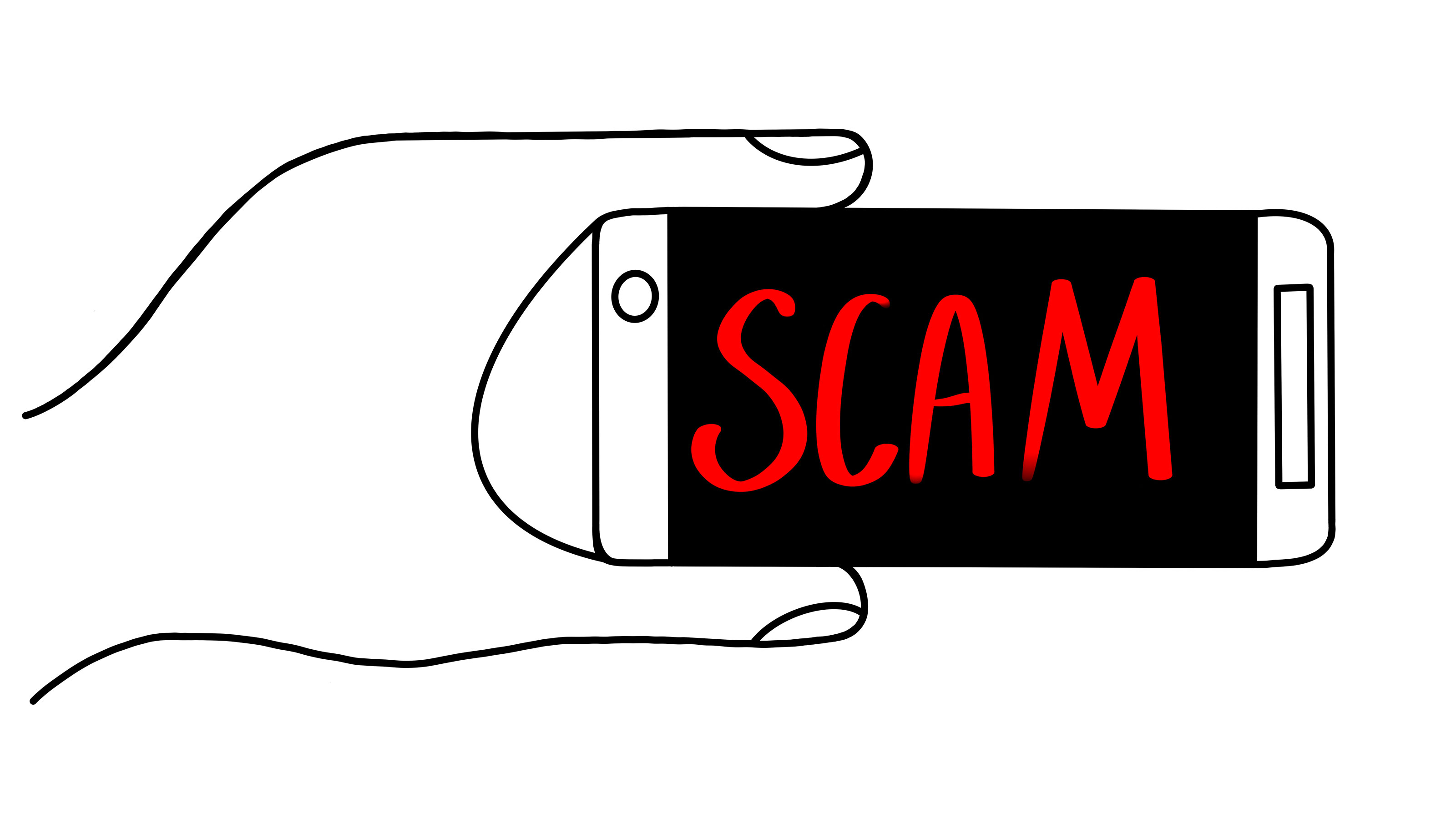Watch Out for Stimulus Scams
If you see ads promising big stimulus-related checks that seem too good to be true, they probably are.

Profit and prosper with the best of Kiplinger's advice on investing, taxes, retirement, personal finance and much more. Delivered daily. Enter your email in the box and click Sign Me Up.
You are now subscribed
Your newsletter sign-up was successful
Want to add more newsletters?

Delivered daily
Kiplinger Today
Profit and prosper with the best of Kiplinger's advice on investing, taxes, retirement, personal finance and much more delivered daily. Smart money moves start here.

Sent five days a week
Kiplinger A Step Ahead
Get practical help to make better financial decisions in your everyday life, from spending to savings on top deals.

Delivered daily
Kiplinger Closing Bell
Get today's biggest financial and investing headlines delivered to your inbox every day the U.S. stock market is open.

Sent twice a week
Kiplinger Adviser Intel
Financial pros across the country share best practices and fresh tactics to preserve and grow your wealth.

Delivered weekly
Kiplinger Tax Tips
Trim your federal and state tax bills with practical tax-planning and tax-cutting strategies.

Sent twice a week
Kiplinger Retirement Tips
Your twice-a-week guide to planning and enjoying a financially secure and richly rewarding retirement

Sent bimonthly.
Kiplinger Adviser Angle
Insights for advisers, wealth managers and other financial professionals.

Sent twice a week
Kiplinger Investing Weekly
Your twice-a-week roundup of promising stocks, funds, companies and industries you should consider, ones you should avoid, and why.

Sent weekly for six weeks
Kiplinger Invest for Retirement
Your step-by-step six-part series on how to invest for retirement, from devising a successful strategy to exactly which investments to choose.
I’ve been seeing lots of ads suggesting that the government will be sending people big checks, usually of more than $12,000, as part of the stimulus plan. Is the Treasury Department really going to send checks of this size?
Answer:
Nope. Scam artists miss no opportunity to take your money, and they started to devise stimulus-related schemes as soon as the law was passed in February. The Federal Trade Commission, Better Business Bureau and Federal Bureau of Investigation are warning people about several types of scams related to the stimulus.
From just $107.88 $24.99 for Kiplinger Personal Finance
Become a smarter, better informed investor. Subscribe from just $107.88 $24.99, plus get up to 4 Special Issues

Sign up for Kiplinger’s Free Newsletters
Profit and prosper with the best of expert advice on investing, taxes, retirement, personal finance and more - straight to your e-mail.
Profit and prosper with the best of expert advice - straight to your e-mail.
The scam you mention usually involves an ad that says you can order a CD or access a special Web site that will show you how to get a $12,000 government grant -- if you make a small credit-card payment. But the fine print shows that you’re also signing up for recurring credit-card charges that can be tough to get out of. The BBB found that people who signed up for this advice were charged as much as $69.95 every month on their credit or debit cards. The BBB has already received hundreds of complaints about these Web sites.
In another scheme, which also surfaced when the first rebate checks were sent out last year, the crook sends an e-mail claiming to be from the IRS, warning that if you don’t respond promptly (often with your bank-account information), you’ll forfeit your stimulus money. The IRS does not contact taxpayers by e-mail and never asks for PINs, passwords, or secret access information for credit cards or bank accounts.
Just opening an attachment in one of these e-mails could infect your computer with a virus or malicious software. And if you click on a link in the message, you could be directed to a phishing Web site, which the crook sets up to look like a legitimate site (from the government, for example) created to collect personal information.
If you have received an e-mail like this, you can file a complaint with the FBI's Internet Crime Complaint Center and the Federal Trade Commission. For warnings about e-mail hoaxes and phishing scams, see the FBI’s Cyber Investigations Web site. You can also check out companies and learn about recent scams at the Better Business Bureau's Web site. Also see the IRS’s information about phishing and e-mail scams.
Profit and prosper with the best of Kiplinger's advice on investing, taxes, retirement, personal finance and much more. Delivered daily. Enter your email in the box and click Sign Me Up.

As the "Ask Kim" columnist for Kiplinger's Personal Finance, Lankford receives hundreds of personal finance questions from readers every month. She is the author of Rescue Your Financial Life (McGraw-Hill, 2003), The Insurance Maze: How You Can Save Money on Insurance -- and Still Get the Coverage You Need (Kaplan, 2006), Kiplinger's Ask Kim for Money Smart Solutions (Kaplan, 2007) and The Kiplinger/BBB Personal Finance Guide for Military Families. She is frequently featured as a financial expert on television and radio, including NBC's Today Show, CNN, CNBC and National Public Radio.
-
 5 Investing Rules You Can Steal From Millennials
5 Investing Rules You Can Steal From MillennialsMillennials are reshaping the investing landscape. See how the tech-savvy generation is approaching capital markets – and the strategies you can take from them.
-
 The Tool You Need to Avoid a Post-Divorce Administrative Nightmare
The Tool You Need to Avoid a Post-Divorce Administrative NightmareLearn why a divorce decree isn’t enough to protect your retirement assets. You need a QDRO to divide the accounts to avoid paying penalties or income tax.
-
 When Estate Plans Don't Include Tax Plans, All Bets Are Off
When Estate Plans Don't Include Tax Plans, All Bets Are OffEstate plans aren't as effective as they can be if tax plans are considered separately. Here's what you stand to gain when the two strategies are aligned.
-
 Holiday Tax Scams 2025: 'Tis the Season to be Wary
Holiday Tax Scams 2025: 'Tis the Season to be WaryTax Scams Navigating tax tricks of the holiday season may be daunting, but don't let that destroy your festive spirit
-
 How to Guard Against the New Generation of Fraud and Identity Theft
How to Guard Against the New Generation of Fraud and Identity TheftIdentity Theft Fraud and identity theft are getting more sophisticated and harder to spot. Stay ahead of the scammers with our advice.
-
 Tax Scam: IRS Warns Taxpayers Against Filing False W-2 Info
Tax Scam: IRS Warns Taxpayers Against Filing False W-2 InfoScams A new tax scam on social media advises lying on your W-2 to falsely claim credits and bigger refunds.
-
 PODCAST: National Taxpayer Advocate Erin M. Collins Wants to Help
PODCAST: National Taxpayer Advocate Erin M. Collins Wants to HelpFinancial Planning Your tax dollars are at work funding a government bureau to help you deal with the IRS. Strange but true! Also, the price of Amazon is going up.
-
 Con Artists Target People Who Owe The IRS Money
Con Artists Target People Who Owe The IRS MoneyScams In one scheme, thieves will offer to "help" you pay back taxes, only to leave you on the hook for expensive fees in addition to the taxes.
-
 Tax Refund Scam Targets College Students and Staff
Tax Refund Scam Targets College Students and StaffScams The IRS says there's a new phishing scam aimed at people with email addresses ending in ".edu."
-
 PODCAST: Taxes on Retirees — What’s New
PODCAST: Taxes on Retirees — What’s NewBudgeting In this episode of Your Money's Worth, senior tax editor Rocky Mengle talks about the latest update of the Kiplinger Retiree Tax Map. Will states with declining revenues make life harder on retirees? Also, the Biden stimulus plan and the hazards of patent scams.
-
 Watch Out for Stimulus Check Texting Scam
Watch Out for Stimulus Check Texting ScamScams Scammers are sending text messages that trick people into disclosing bank account information to get a $1,200 stimulus check.